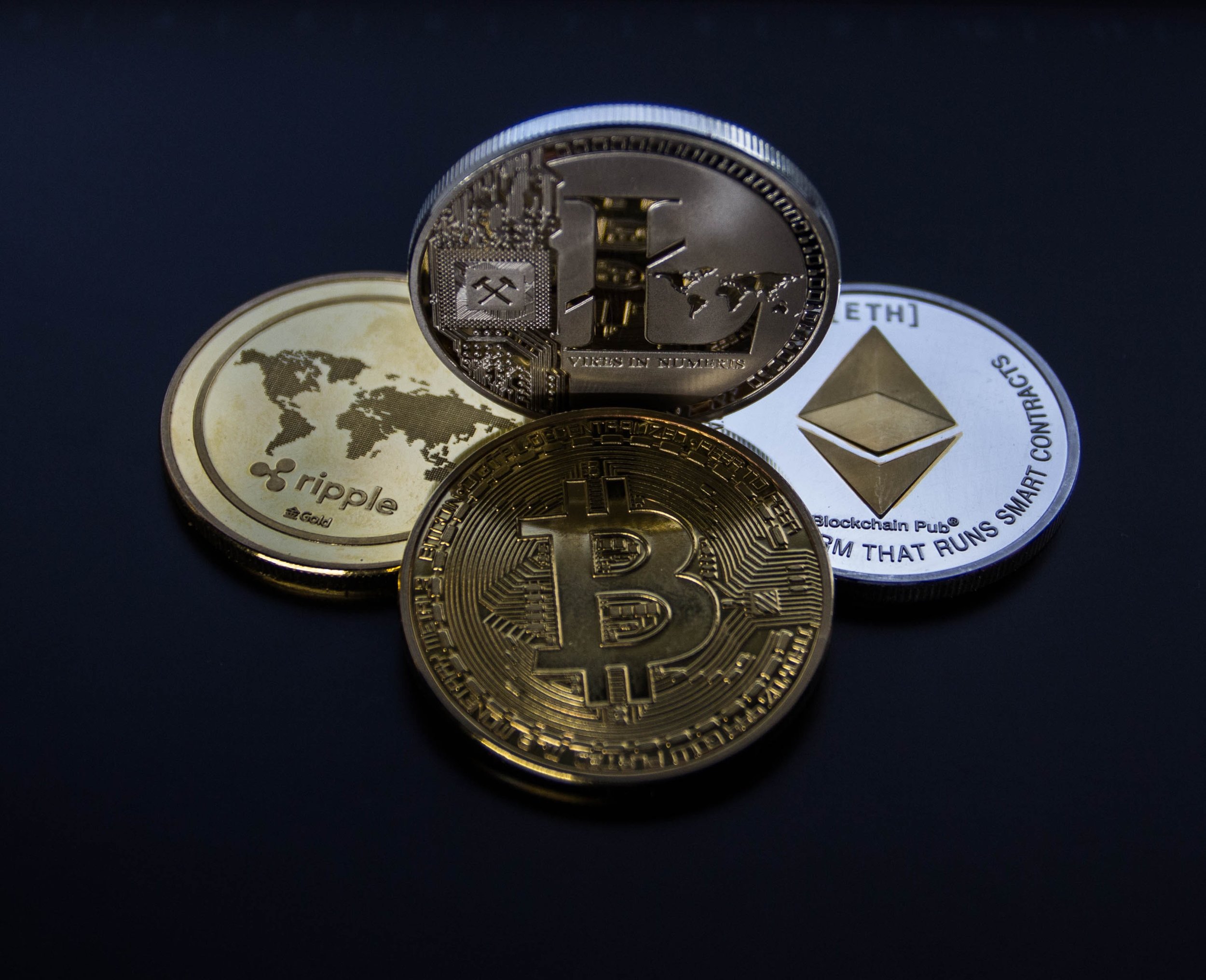Bank Negara Malaysia (BNM) issued the policy document on Anti-Money Laundering and Counter Financing of Terrorism for Digital Currencies (Policy Document). The Policy Document was issued on 27 February 2018 following a public consultation process in 2017.
Overview of the Policy Document
Under the Malaysian Anti-Money Laundering, Anti-Terrorism Financing and Proceeds of Unlawful Activities Act 2001 (AMLA), a “reporting institution” (RI) includes any person who provides services of exchanging digital currency for money (and vice versa) or exchanging one digital currency for another, whether as part of a digital currency exchange or otherwise.
The Policy Document supplements the provisions in the AMLA and sets out the minimum requirements and standards that a RI is required to observe in connection with digital currencies.
The key requirements include the following:
- RIs are required to provide a declaration to BNM which includes details of its business, type of digital currency transacted, shareholding, key responsible person and compliance officer (“Declaration”), and submit periodic reports to BNM.
- Customer due diligence protocols including due diligence through electronic means, reliance on customer due diligence conducted by third parties and enhanced due diligence protocols for politically exposed persons and persons from higher risk countries.
- Suspicious transaction reporting of transactions which appear unusual, illegal, to have no clear economic purpose, to involve proceeds from an unlawful activity or to indicate that the customer could be involved in money laundering and terrorism financing.
As a preliminary step, RIs in the digital currency space should file the Declaration with BNM as soon as practicable. RIs should also revisit their policies and procedures to ensure that they are sufficiently robust to meet the requirements and standards under the Policy Document, particularly in the areas of customer onboarding, transaction monitoring and reporting, both internally and to BNM.
In line with BNM’s existing policy, digital currencies are not legal tender in Malaysia and the Policy Document does not license or validate digital currencies or entities providing services associated with digital currencies.
Conclusion
The issuance of the Policy Document demonstrates Malaysia’s commitment to protect the integrity of its financial system by mitigating money laundering and terrorism financing risks arising from the use of digital currencies.
We expect BNM to continue vigilant monitoring of all developments relating to digital currencies in Malaysia.
Contributor: Adrian Wong



